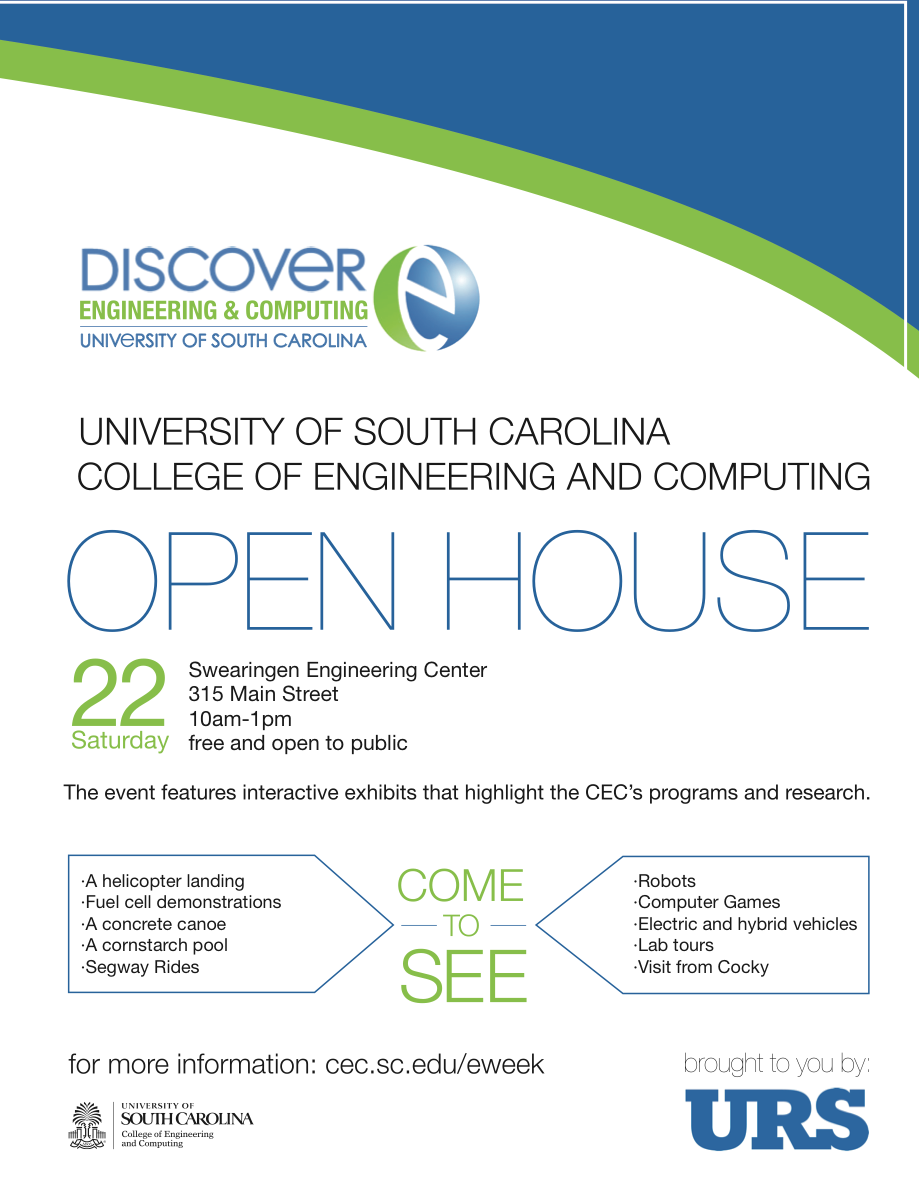A MultiAgent Approach Towards Solving Complex Problems of Sociotechnical Systems
- 19 views
Friday, March 28, 2014 - 09:00 am
Swearingen 3A75 Conference Room
Hongyiung Du
PhD Defense
Abstract
Complex resource allocation problems arise due to complex human societies and scarce resources to be distributed. Scarce resources could be food, water, energy, etc. Meanwhile, the size of the problem, the intersection of different areas, and possible global consequences all add to the complexity of the problems, which makes it difficult for humans to solve the problems by themselves. For all these reasons, humans need technical help to tackle complex problems. Since humans participated in the problems usually own part of the information about the problems, and no one may see the whole picture of the problems, it is natural to use distributed systems to simulate and analyze the problems. In a distributed system, humans represented by agents know only partial information interact with each other in order to achieve a common goal while maximizing their own interests. The formed distributed system is called a multiagent system because multiple agents are involved in the systems. In this dissertation, we studied three cases of multiagent systems to help with distributing a certain kind of resource. First we present an approach to assist grocery shopping. The aim is to help a customer to find the most economical way of shopping. A customer would save 21% or more most of the time with simulated price data and 6.7% with real price data. Robustness is also considered with deceptive stores and wrongly reported prices. Second we simulate a healthcare system in which agents are used to assist a patient to find a physician. We investigate four different strategies for assisting a person in choosing a physician and three physician-waiting policies in three common social network models. The results show that the sociotechnical system can decrease the number of annual sick days per person by 0.42-1.84 days compared with choosing a physician randomly. Third we investigate the influence of humans' personalities on resource allocation in mixed human-agent societies. It is shown that humans treat other humans and agents differently and humans with different temperaments behave differently, but not with significantly difference, which means fair is more important than personality types while making decisions.
 Nancy Amato
Nancy Amato

